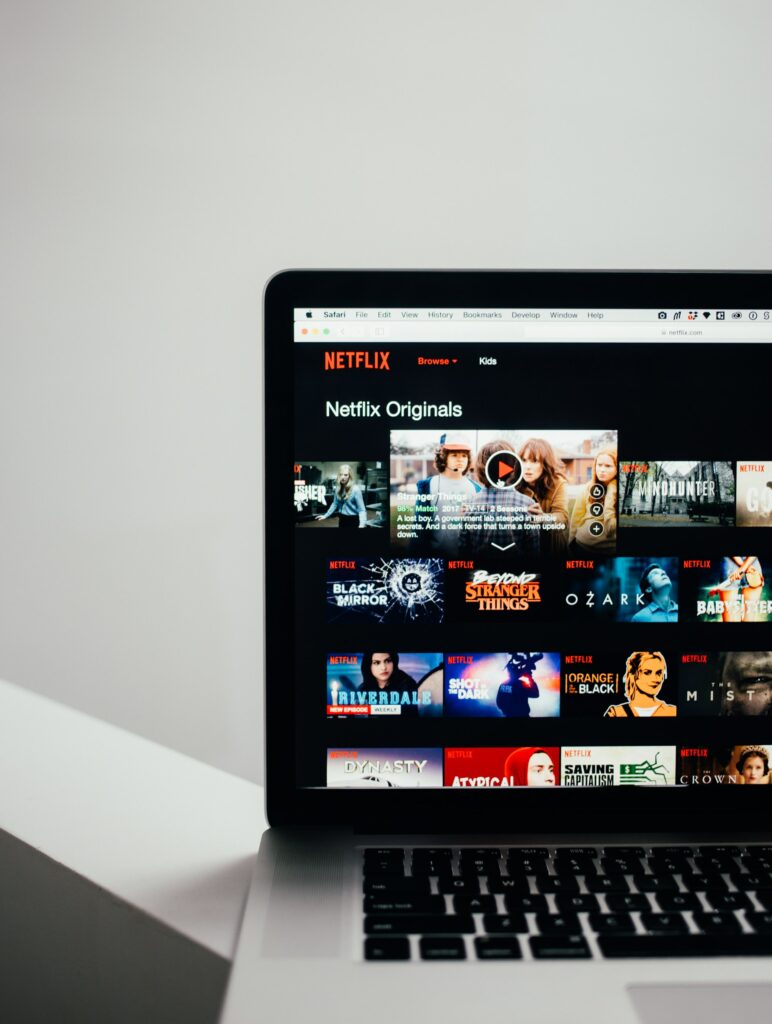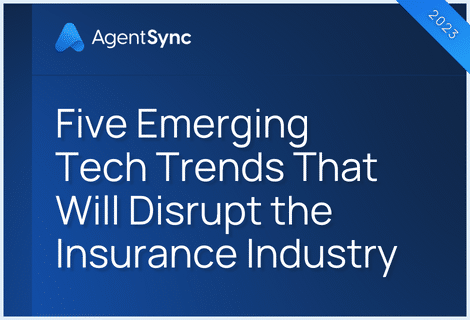

What’s the insurance industry going to look like in five years? Ten years? Fifty? A hundred?
Short of a crystal ball, there’s no way for us to know the future of insurance with any certainty. We can speculate, however, and one thing we do know: Life sometimes imitates art.
It makes sense; the media – through TV shows, movies, or books – have the freedom to challenge the status quo by creating a world governed by the rules the author sets for it, to a degree. More often than not, it’s based on reality, but stretches our imagination of what’s possible. It’s a powerful tool that has the potential to inspire innovation, drive creativity, and shape the direction of our future.
The insurance industry today
Up until recently, much of the insurance industry relied on spreadsheets, manual processes, and paper forms. Over the past few years, though, the industry has undergone something of a digital remodel. And while the digitization of the industry was long overdue, the next stage of insurtech innovation is what really gets us excited.
Taking something online is a minimum requirement when looking to remain competitive in the modern digital landscape. Most of our professional – and quite a bit of our personal – lives exist through a computer and keyboard. The companies that resist moving digital will get left behind.
Digitizing processes also increases efficiencies, thus driving both customer and employee satisfaction. And this is where technological advancements get really exciting: As employees have more time to work on the tasks that keep them engaged, the more they’ll challenge themselves to think critically about the work they do and identify opportunities for improvement.
But, while we can see the path to innovation, the destination isn’t as clear. Beyond the work insurtechs are doing today, we’re left guessing about what the future holds for the insurance industry.
So, what can the media tell us about the future of insurance? Quite a bit, actually.
Black Mirror: Crocodile (2017)

The insurance industry isn’t often the main subject in popular media (an oversight, we agree). However, the “Black Mirror: Crocodile” episode presents us with a potential future for insurance. In it, we find ourselves in a prospective world where we can view and record memories.
That may sound fairly innocuous, but “Black Mirror” is particularly good at weaving imagined technological innovations with warnings of a dark future. We won’t spoil the plot of this episode for those of you who aren’t already familiar with it, but we will highlight the impact a device that recalls memories can have.
Just imagine how the insurance claims process would change if your insurer could access and retain your memories. It would certainly cut out a lot of insurance fraud and make it easier for insurers to determine how much an insured is owed based on the circumstances of a claim.
At the same time, however, it could also be an extremely intrusive violation of personal space. It isn’t hard to imagine insurers adding a clause to an insured’s contract that grants access to memories in the instance of a claim. But what if witnesses, even those tangential to a claim, were required to relinquish memories? Again, at face value that doesn’t sound so bad, but things could spiral out of hand fairly quickly.
We’re not as dark and twisted as you think
Before you start abandoning all technology for fear of a dark future, remember that media is a great source of inspiration, not a blueprint for future technological developments. It makes us think about what may be possible and it also helps us provide safeguards against issues before they become issues.
It wasn’t all that long ago the Luddites destroyed textile machines for fear that machines would completely replace humans in factories. That fear was unfounded, just look at all of the people who’ve been employed – and yes, even in factories – since the Luddite movement (1811-1816).
Today, the industry faces growing pressure regarding concerns over digital privacy. Insurance relies heavily on personally identifiable information in both policy writing and claims-making. As things go digital, the industry opens itself up to the risk of hackers and data leaks. Fortunately, addressing this is top of mind for both industry experts and the federal government.
Technology has the potential to unleash employees from mundane tasks and instead focus on exciting new challenges. We people are remarkably adept at adapting to changes when we want to be.
So, while we won’t say mind-reading machines can be expected in the near future, we will say that the media is a great source of inspiration for technological developments, and we’re excited to watch those developments help the insurance industry grow to its full potential.
For more articles about insurance mysteries and industry whatsits, check out our blog!

